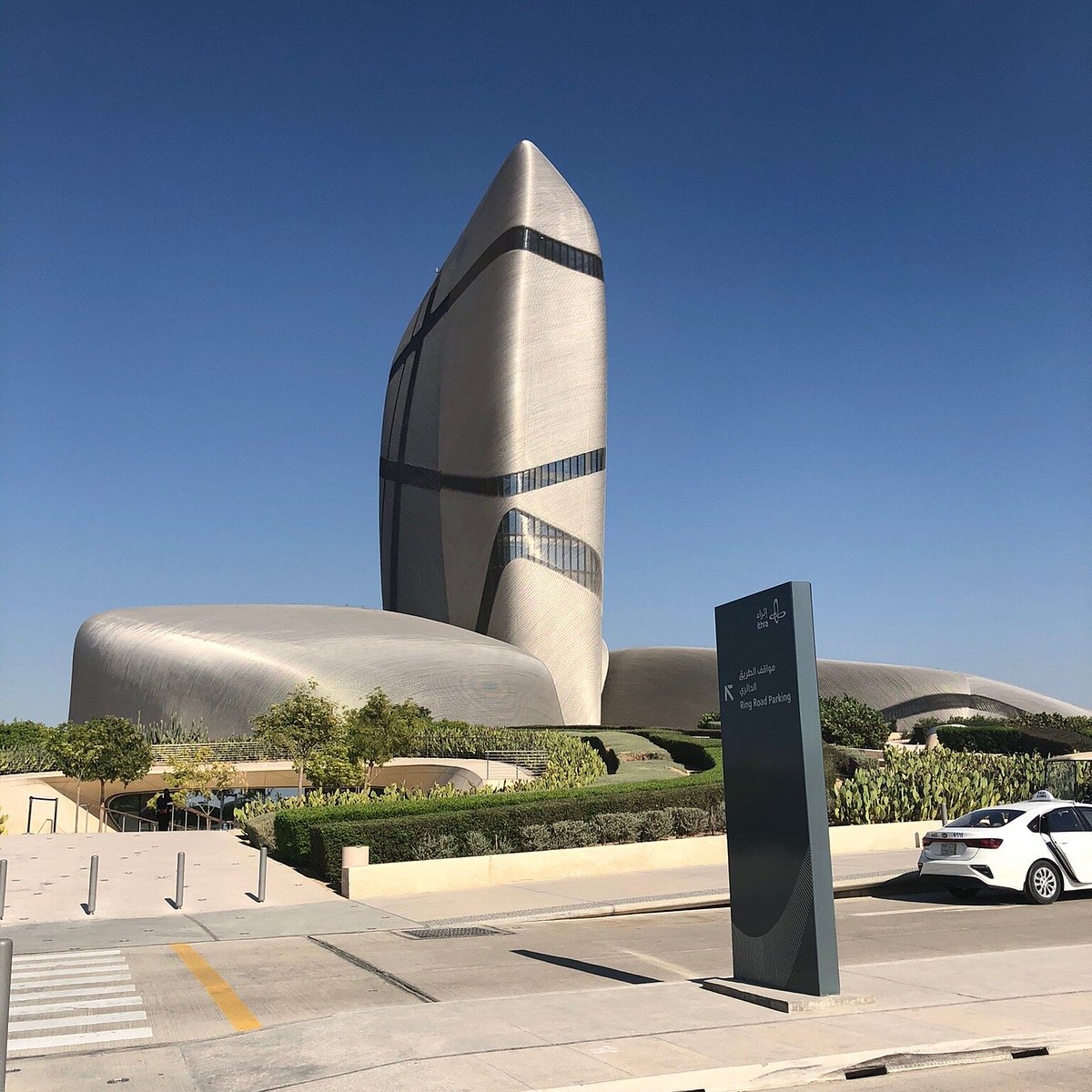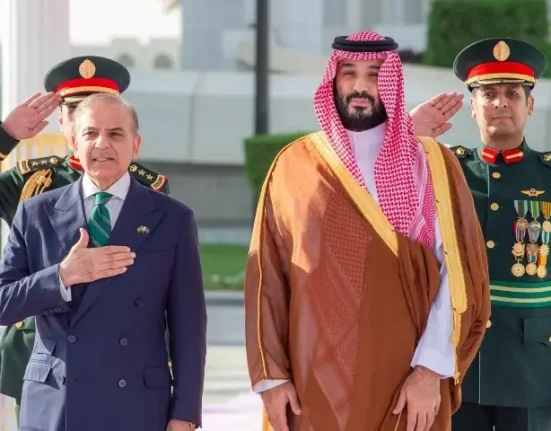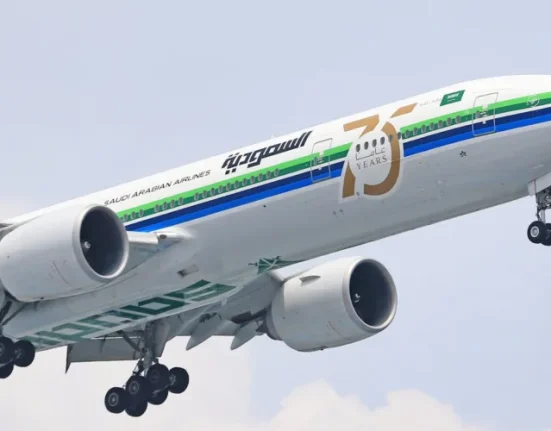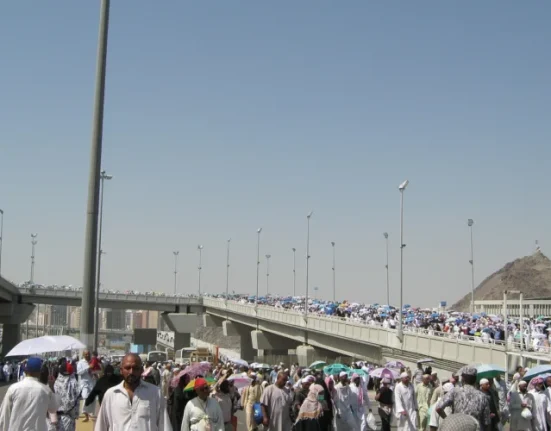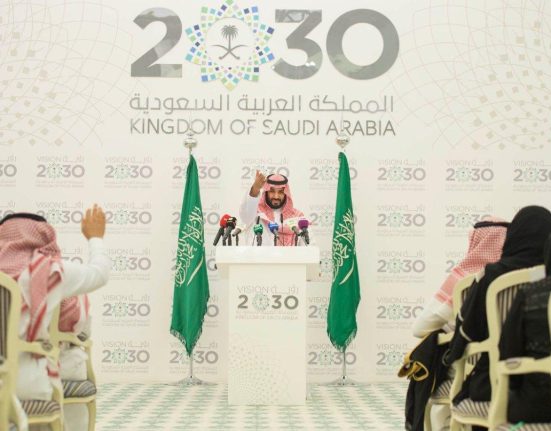In a remarkable celebration of tea culture, a Saudi Arabian man has established what is widely regarded as the first museum in the Arab world solely dedicated to the heritage and global journey of tea. Located in the thriving city of Al Khobar in the Eastern Province, the museum is the lifelong vision of Wael Al Daghfaq, a passionate tea connoisseur who has transformed decades of travel and collecting into a one-of-a-kind cultural destination.
Al Daghfaq, whose deep love for tea spans generations and geographies, revealed that the dream began to take shape as early as 1980. Over the years, he meticulously curated an expansive collection that today boasts over 7,000 unique items related to tea. These include antique teapots, cups, rare varieties of tea leaves, promotional advertisements, and other tea-related paraphernalia gathered from across the world.
Speaking about the museum, Al Daghfaq shared that some of the items in the collection date back more than 300 years, offering an immersive journey through the evolution of tea and its impact on various cultures. From the refined traditions of Chinese tea ceremonies to the colonial spread of tea in the British Empire and its integration into Arab hospitality, the museum seeks to preserve and narrate this rich history through tangible artifacts.
“This museum has become a reality after years of devotion. It represents a wide geographical and cultural expanse, allowing me to share tea culture with visitors in a meaningful and educational way,” Al Daghfaq. He emphasized the museum’s importance in fostering cultural dialogue and appreciation for the global significance of tea, which remains one of the most widely consumed beverages on the planet, second only to water.
The museum stands not only as a personal triumph for Al Daghfaq but also as a cultural milestone for the Kingdom of Saudi Arabia. In a region where coffee has traditionally dominated social gatherings, this museum opens up a new narrative that highlights tea’s equally rich and diverse legacy. Visitors to the site are treated to a curated experience that traces tea’s origins in ancient China, its spread along trade routes, and its adaptation into Middle Eastern and African societies.
Al Khobar, already known for its vibrant community and modern outlook, now adds to its growing list of attractions with this distinctive institution. It is a testament to how private passion, when paired with cultural commitment, can give rise to a platform of global resonance. As the Arab world continues to embrace diverse forms of heritage expression, Al Daghfaq’s tea museum marks a pioneering step forward — drawing scholars, tourists, and tea lovers alike into a flavorful slice of history.

